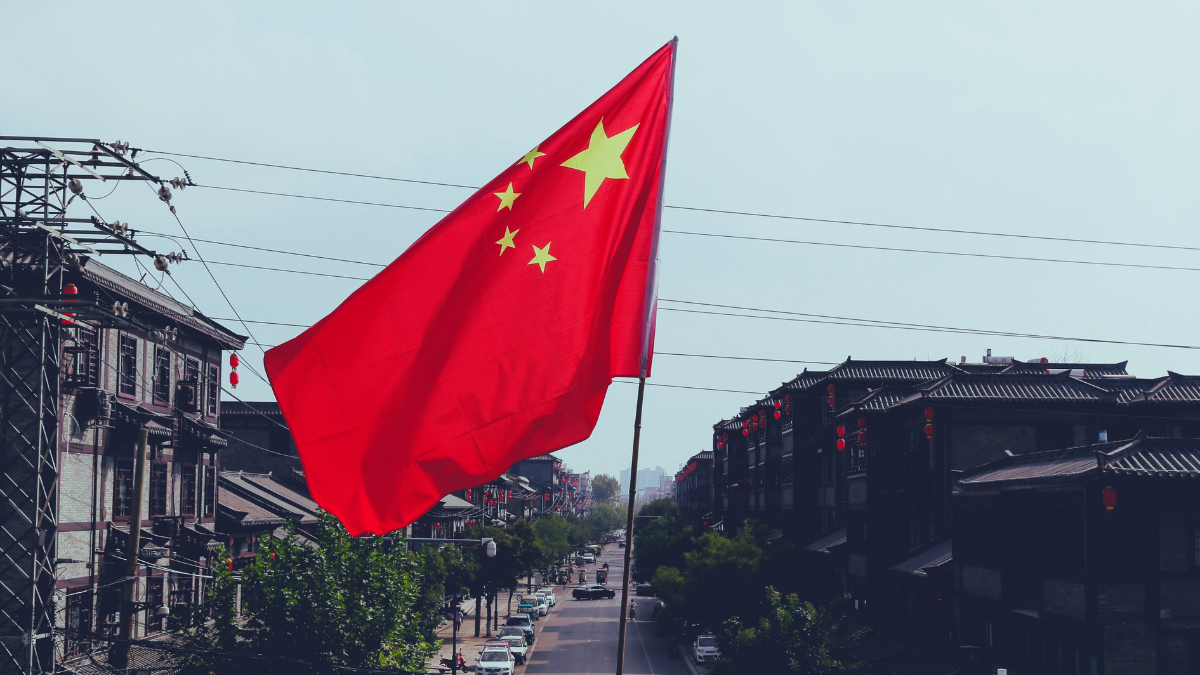
We all know how serious environmental degradation is in China. Its emissions have skyrocketed, air and water quality have plummeted, and critical habitat and ecosystems have disappeared. That’s why unadulterated research on the topic is critical to better informed policy. But my recent experience shows that China’s censorship model is spreading to the West, hindering that research from taking place.
In 2012 I published an academic paper in the journal Environmental Politics coining the term “authoritarian environmentalism” to describe the way that environmental policy is made in China. This year, I was approached by Lu Liao, a professor of urban planning at Renmin University in Beijing, to submit a paper to a special issue on China in Environmental Policy and Governance, a respected journal published by the major academic publisher Wiley, based in New Jersey.
I suggested reviewing what we have learned about “authoritarian environmentalism” since 2012. “The idea of revisiting the 2012 paper sounds very timely and meaningful,” replied Liao, who sits on the editorial board of Environmental Policy and Governance.
That’s when things went awry. The proposal I sent her included a new research question about whether the policy model in China is flawed by design, a form of greenwashing intended to legitimate one-party rule rather than improve the environment.
After a few days, Liao wrote back to report some “intriguing context from my own position,” as she called it. “Due to current sensitivities around ideology and international relations in China, many Chinese universities are quite cautious about discussions involving certain terms, and faculty are prohibited from publish[ing] work on some sensitive topics.”
I was “invited” to withdraw my submission and seek publication elsewhere. China’s censorship regime was being extended to a Western scholar and to a Western academic journal.
I reached out to the journal’s editor, Andy Gouldson, professor of environmental policy at Leeds University, who has done work in China, seeking clarification. He confirmed that “there are sensitivities for the guest editors of the special issue” and invited me to submit the paper as a regular contribution. I’ll decline. I won’t publish in a journal that bends to China’s censorship regime.
Put aside the irony that my research on authoritarianism in China was sidelined by authoritarianism in China. The bigger scandal here is how Western academics and publishers are willing to allow PRC censorship to dictate the terms of their trade.
Of course, this happens all the time on the sly. Every academic in China works under a censorship and ideological regime that distorts and repackages his work to make China appear like a normal and free society. A new study by Ning Leng of Georgetown and Elizabeth Plantan of Stetson University shows that the word “authoritarianism” is one that China’s academics consciously avoid because of party dictates. They show that a combination of top-down censorship and peer-based censorship creates a minefield for scholars in China, and even for mainland Chinese nationals working in the United States.
Offending phrases or topics may lead to sanctions such as failing an “ethical evaluation.” Party leaders in China’s universities also make use of student informants who report any politically banned speech from their professors in the classroom. The system generates a constant rumor mill about topics that are off-limits, and also has the consequence of denying China’s rulers useful information about governance issues like corruption. One topic that Leng and Plantan found has disappeared from academic publications in China is environmental governance.
To give another notorious example of Chinese-dictated censorship, in 2017 Cambridge University Press scrubbed more than 300 China Quarterly articles in response to threats of having its publications banned in China, a decision the publisher later reversed.
All of which is to say that when Western publishers of books and journals sign up to publish research by scholars in China, they are implicitly accepting China’s rules for the game. Indeed, the West may be positively encouraging it. Liao is a graduate of Cornell, which is heavily dependent on students from China. Her case raises the question of whether we are simply producing clever party cadres who know how to sweet-talk their way through the publication process in the West while smuggling in China’s censoring, ideological mindset.
I don’t blame Liao for submitting to a Chinese system that crushes all dissent. I do however blame Gouldson and Wiley for turning a blind eye. The moment that Gouldson heard that my paper had been denied by Liao, he should have canceled the special issue and removed her from the board. That may seem harsh, but unless China’s leaders recognize that they are knee-capping their universities by imposing censorship requirements on them, they will have little incentive to change.
Xi Jinping wants China to challenge the West, and one way it does this is by infiltrating Western institutions and accusing anyone who questions its influence of harboring a “Cold War mentality.” But the China model has no place in a free society.
Bruce Gilley is a professor of political science at Portland State University. He will be the Presidential Scholar-in-Residence at the New College of Florida in 2024-25.


